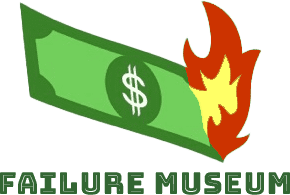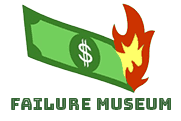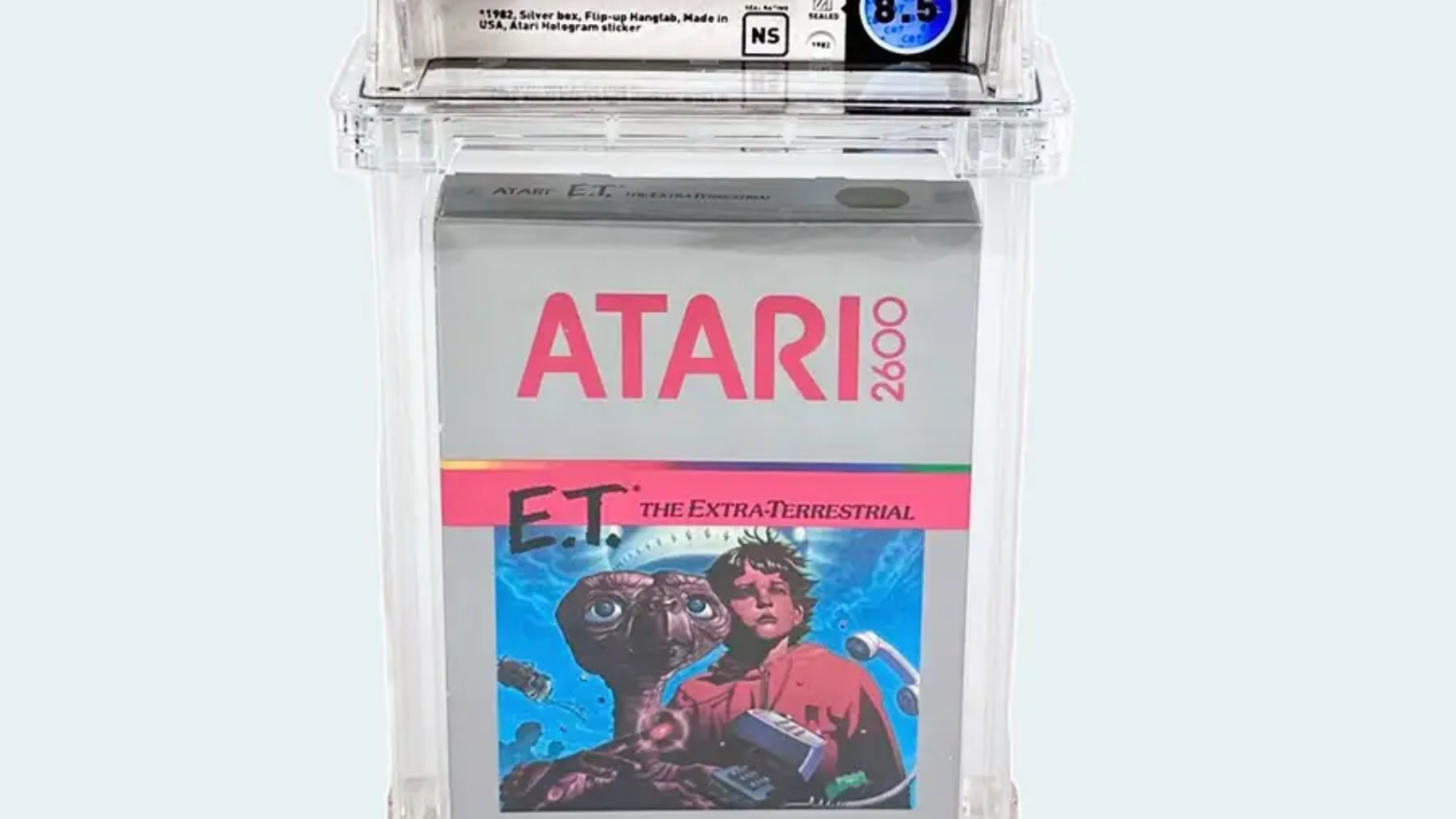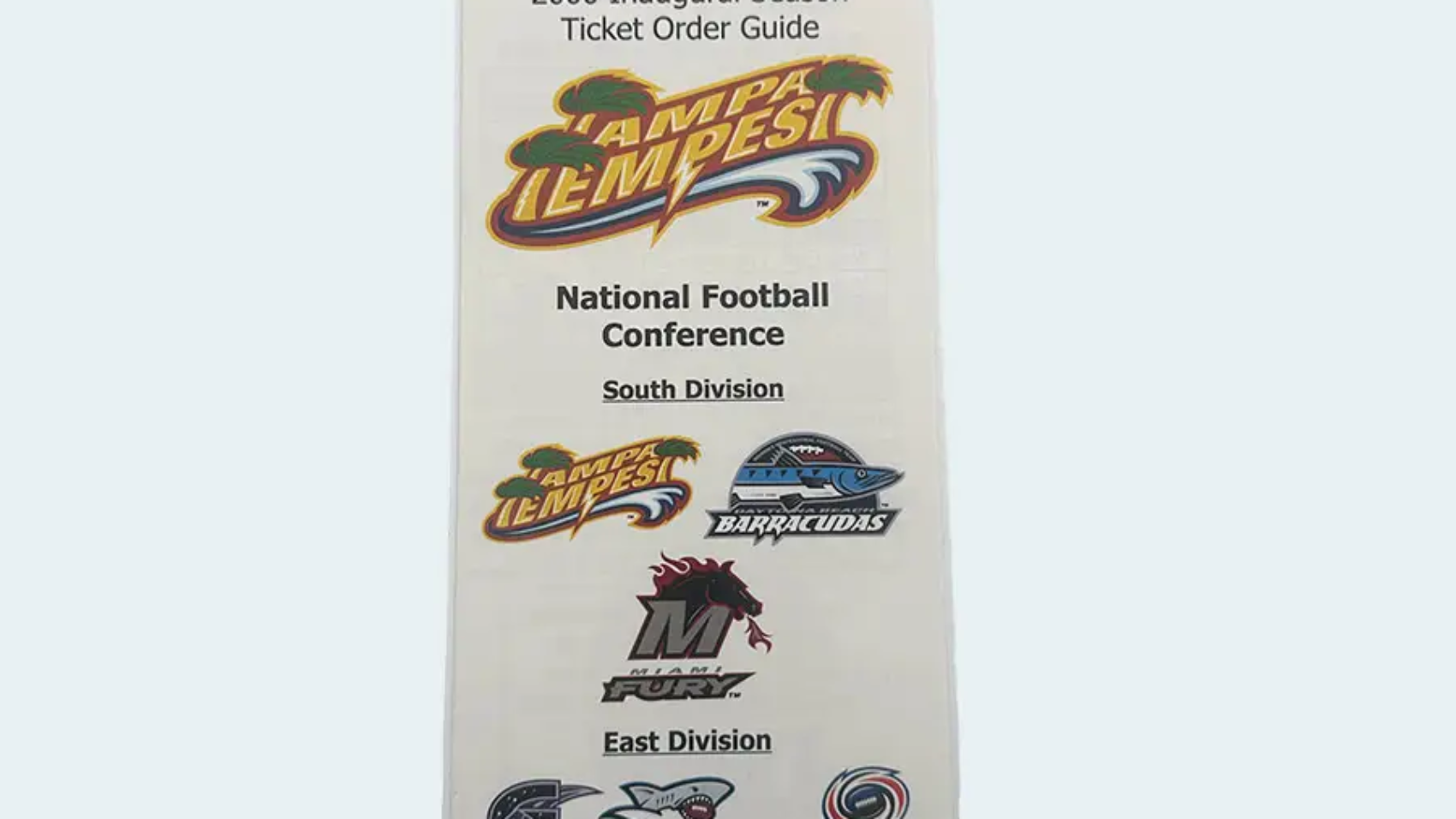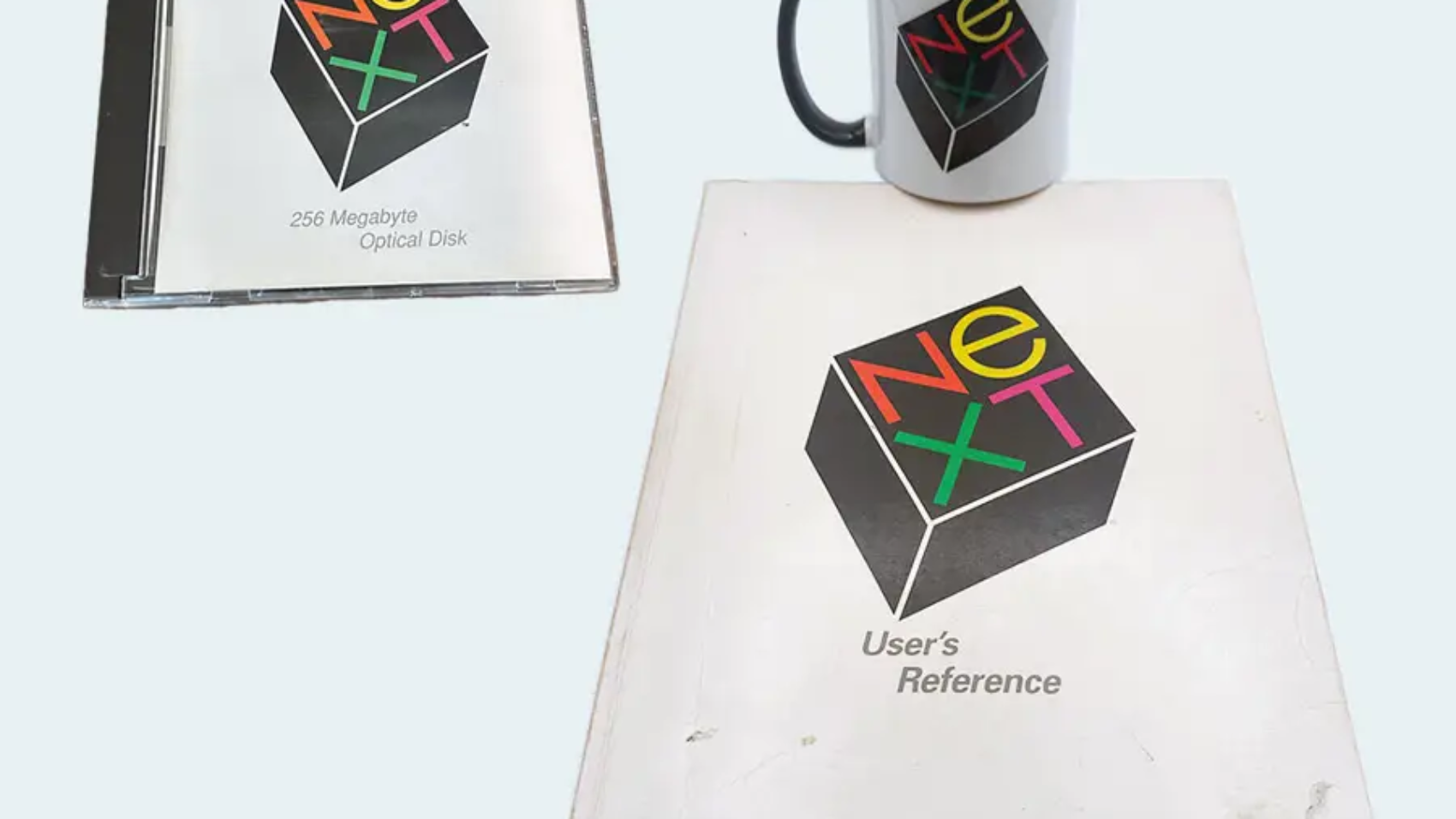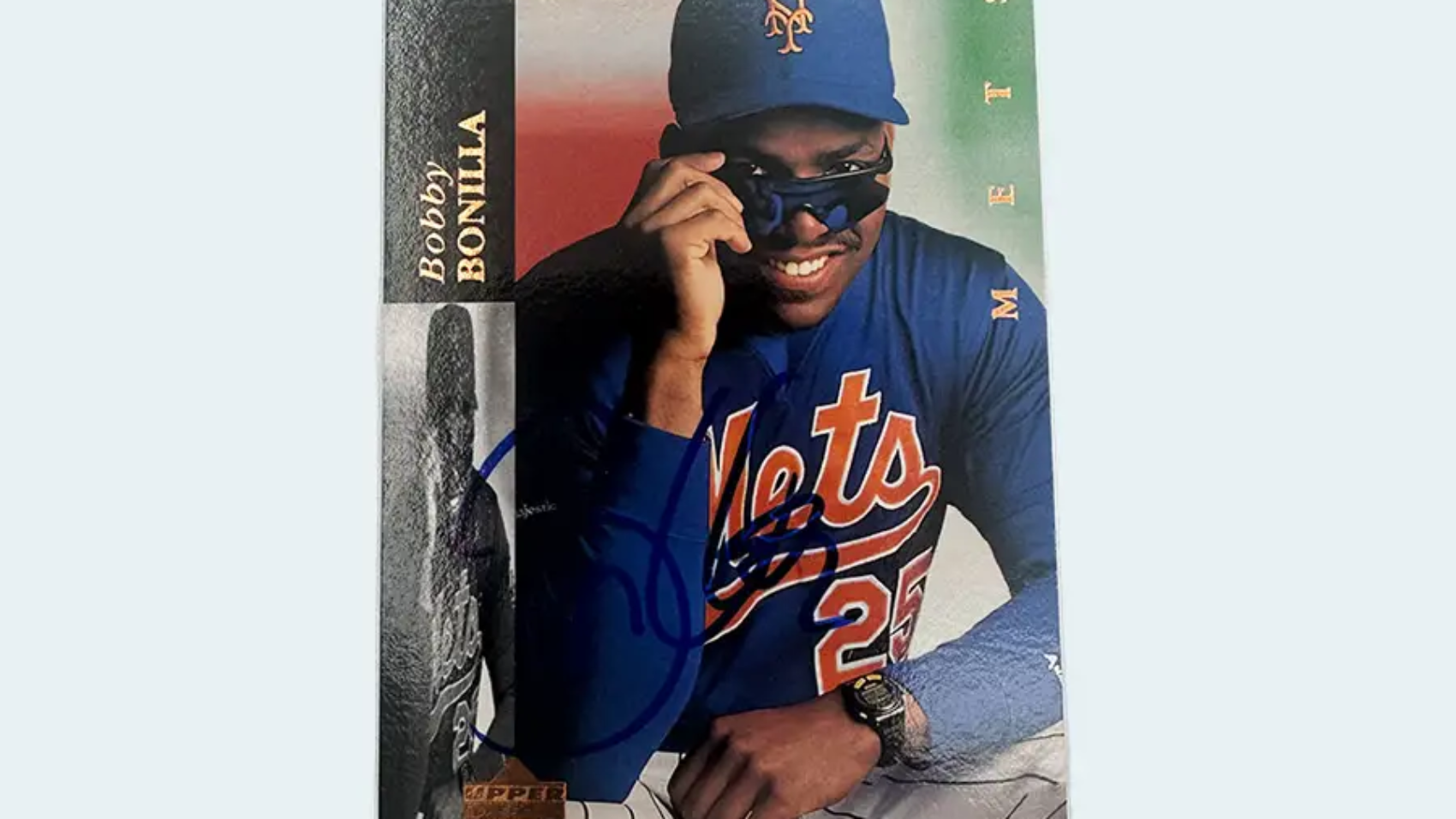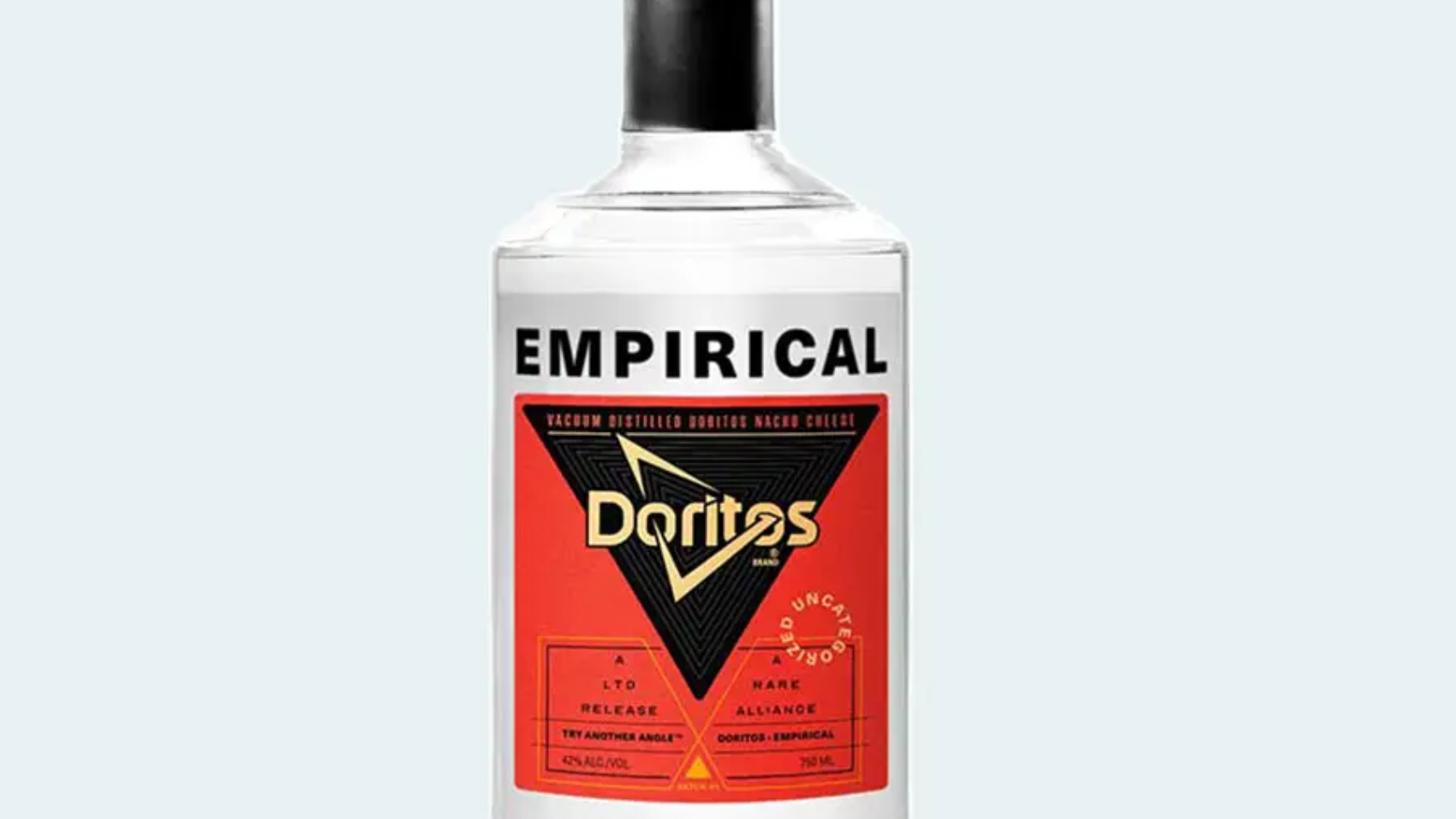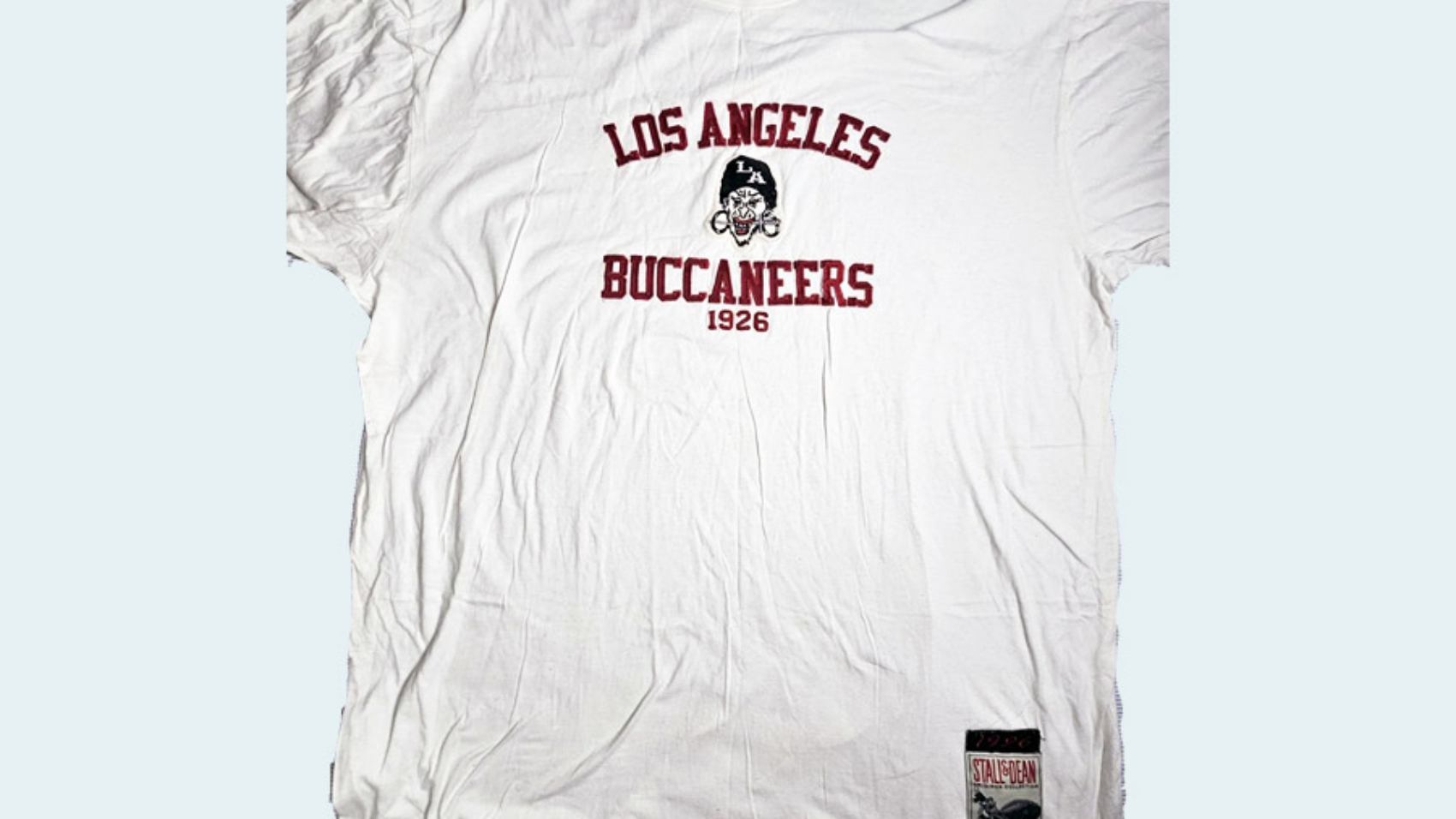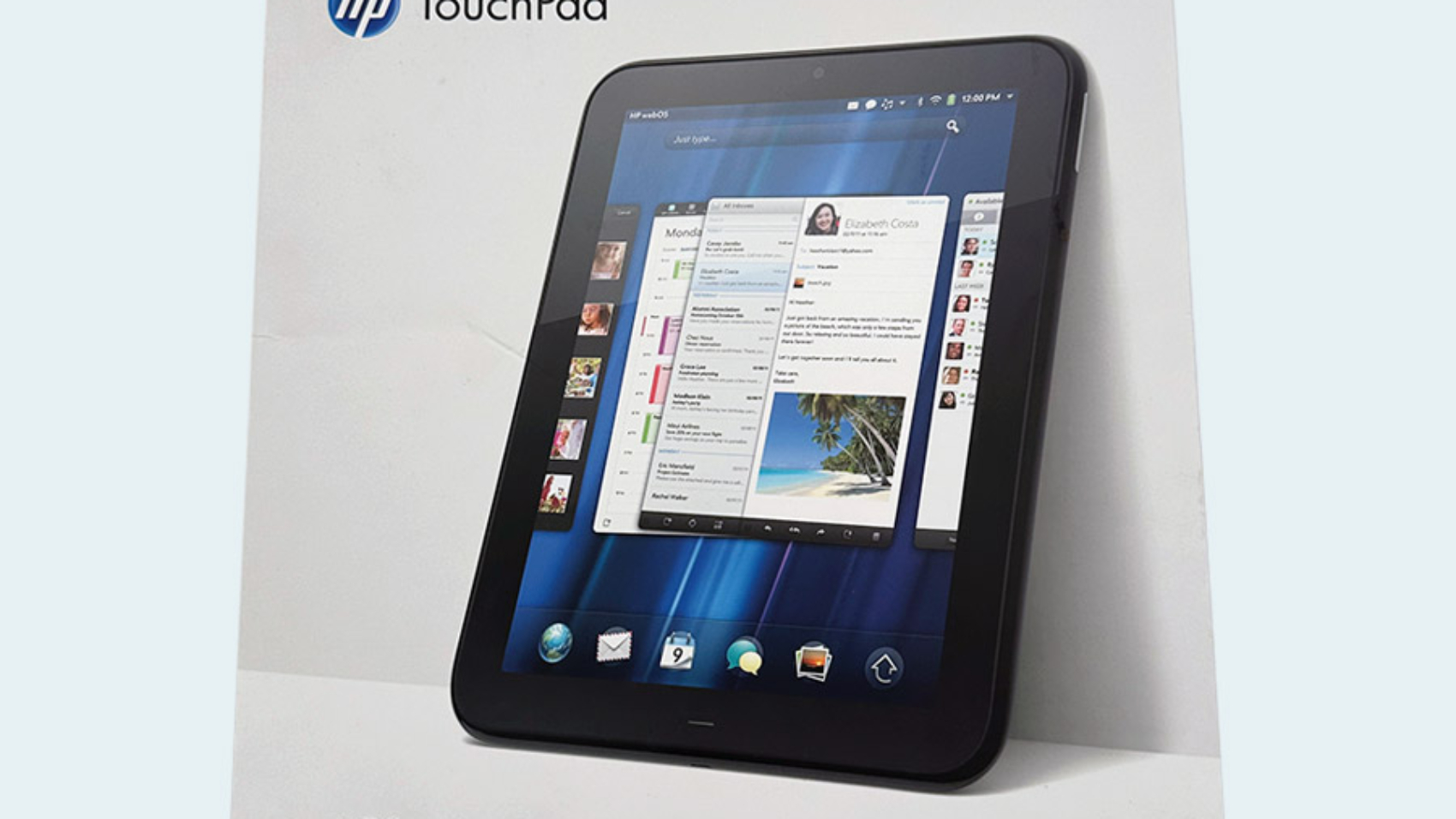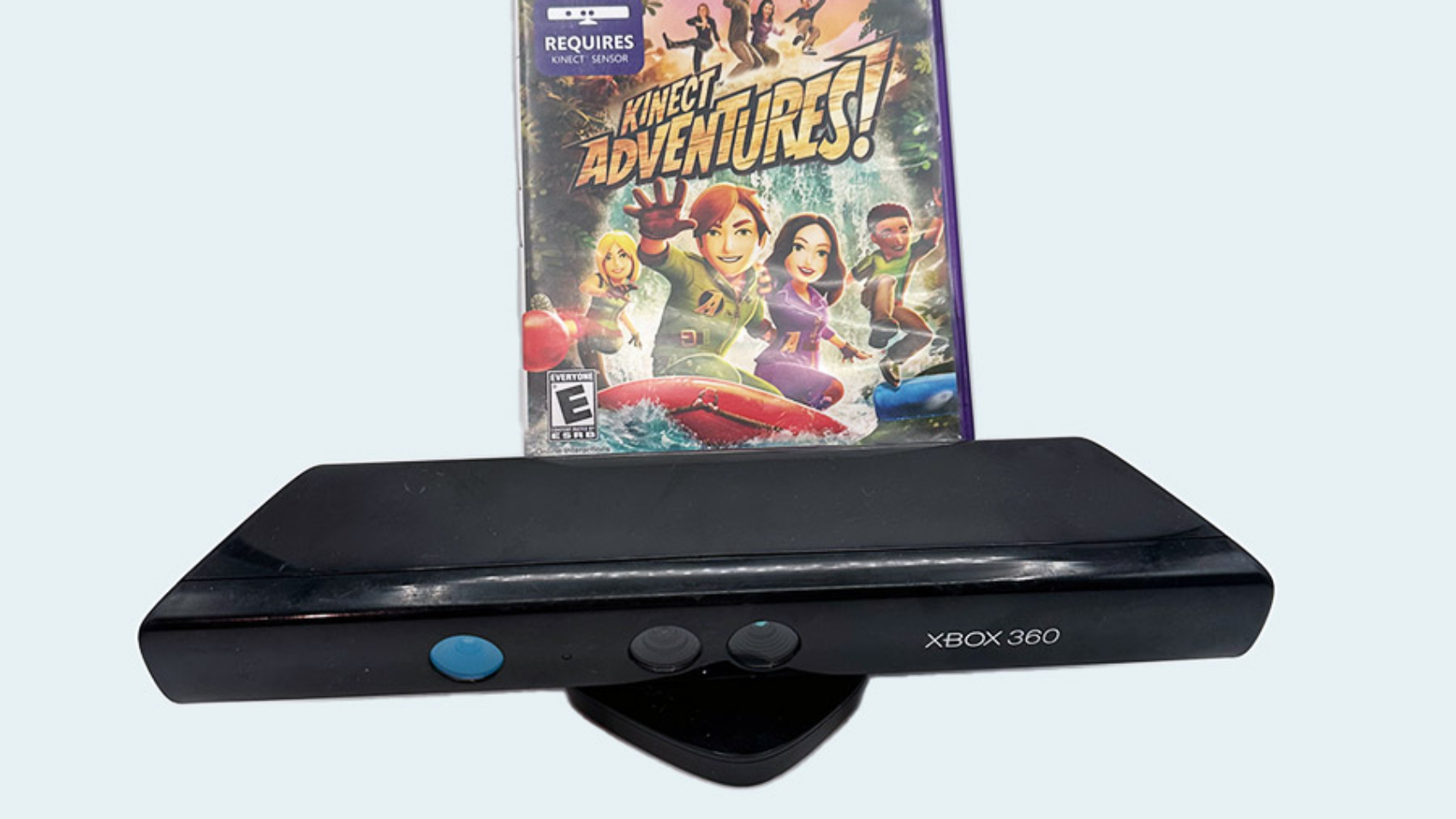Atari’s game, Extra-Terrestrial, was designed in a record five weeks by a single programmer in 1982. The game was a commercial failure due to its poor quality and difficult gameplay. Atari struggled to recover from the poor sales of E.T. and never recovered its reputation among the gaming community. The game is widely held to be the worst video game of all time. Millions of copies went unsold, and Atari ended up literally burying the game by dumping many 728K surplus cartridges into a New Mexico landfill. Within a year of E.T.’s release, the entire video game industry collapsed.
Women’s Professional Football League
The Women’s Professional Football League was a women’s professional American football league with 15 teams from 1999 until it’s demise in 2007. The league operated in the fall and competed for fan’s attention with the NFL.
NeXT Computer
With NeXT, Jobs wanted to create computers for universities and researchers. NeXT was a project where Jobs could regain the control he had lost at Apple, and he was confident enough in this idea to invest $12 million of his own money. In 1988, NeXT released its first computer. It was a powerful machine that embodied similar design philosophies to current-day Apple. Even down to its custom circuit board. But the NeXT computer was expensive. While other computers at the time ranged from $700 to a few thousand dollars, the NeXT computer had a base price of $6,500.
But the education market it was targeting already had a lot of older computers and limited budgets. NeXT’s computers never found mass success. So in 1993, NeXT completely stopped developing its hardware and shifted its focus to the real innovation: software.
Bobby Bonilla’s Mets Contract
The Mets released Bonilla in January 2000 but were still on the hook for his $5.9 million salary that season. Believing they were poised to make a significant profit through their investments with Bernie Madoff, Mets ownership instead agreed to defer Bonilla’s salary with 8% interest, and spread the payments across 25 years from 2011-35.
Madoff’s Ponzi scheme fell apart, and Bonilla’s $5.9 million swelled to $29.8 million from 2000-11. That $29.8 million divided by 25 years equals the annual $1.19 million payment he receives every July 1 from 2011 until 2035.
Incredibly, Bonilla has a second deferred salary agreement with the Baltimore Orioles, who still owe him $500,000 a year from 2004-28.
Empirical Doritos
Launched in 2023, consumers can “experience the indulgent flavors of their favorite snack in a liquid form with Empirical Doritos.” Made from real nacho cheese and corn tostada, this spirit opens with umami and tangy aromas, before finishing on a soft salty note. Consumers can enjoy it neat or in a cocktail, such as a Margarita or Bloody Mary.
Starbucks Chantico
Released in 2005, Chantico was available at Starbucks for less than one year before the company pulled it from its menus. Chantico was Starbucks’ version of drinking chocolate which was made by steaming cocoa butter and whole milk, making it extremely decadent, sweet, and rich. It wasn’t necessarily the flavor that was the culprit of its short-lived availability, it was the fact that Chantico was not customizable, which, in the eyes of Starbucks fans, is far from ideal. Customers of the Seattle-based business know they can swap milk, syrups, sizes, and even the sugar content of any of their favorite drinks, but you couldn’t even order a larger size of Chantico; it was six ounces or nothing at all — and no extra flavorings.
Los Angeles Buccaneers
The Los Angeles Buccaneers were a traveling team in the NFL during the 1926 season, ostensibly representing the city of Los Angeles. However, the team never actually played a league game in Los Angeles. It was operated out of Chicago with players from California colleges. The Buccaneers originally planned to play in the Los Angeles Memorial Coliseum and became a road team only after the Coliseum Commission refused to allow pro teams to play there. The difficulty of transcontinental travel in the era before modern air travel must have been a major factor in the decision to base the team in the Midwest. Despite being rejected by the Coliseum, the Buccaneers did play two true home games in Los Angeles, both of them exhibition games against the AFL’s New York Yankees in January 1927. Because of this, the NFL officially considers the team’s home city to be Los Angeles.
HP TouchPad
Launched in July 2011 and discontinued 49 days later, HP Touchpad failed since it didn’t have enough apps for the tablet (300 vs. 90,000 for the iPad). HP also failed to make a clear distinction between the TouchPad and other tablets by Apple, Google, Motorola and Samsung.
Microsoft Xbox Kinect
Launched in 2010, Xbox Kinect’s motion-control capabilities mostly appealed to casual gamer and wasn’t able to endear itself to the hardcore gamer. This led to limited interest from third-party developers due do the limited number of Kinects sold as well as its technical limitations.
Moog Theremini
A theremini is an electronic musical instrument controlled without physical contact by the performer (who is known as a thereminist). The thereminist stands in front of the instrument and moves their hands in the proximity of two metal antennas. It soon fell into disuse with serious musicians, mainly because newer electronic instruments were introduced that were easier to play.
